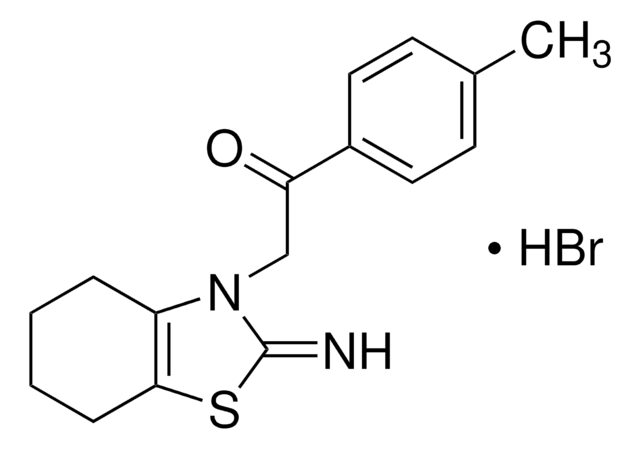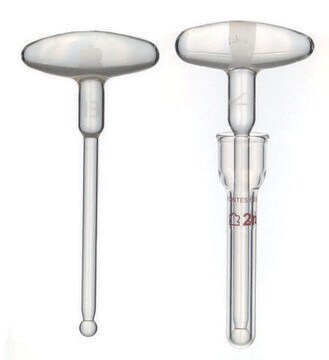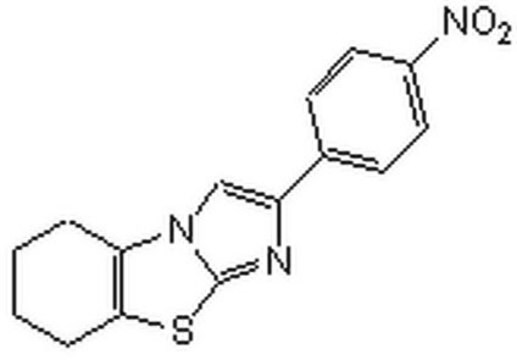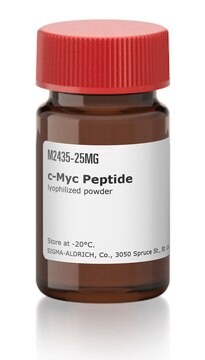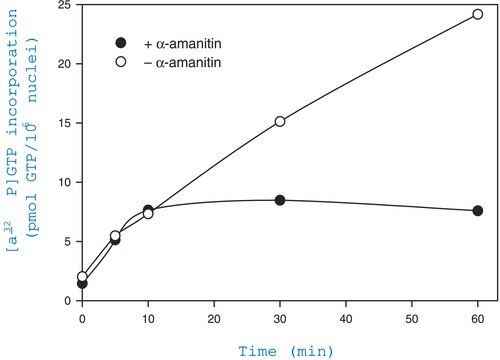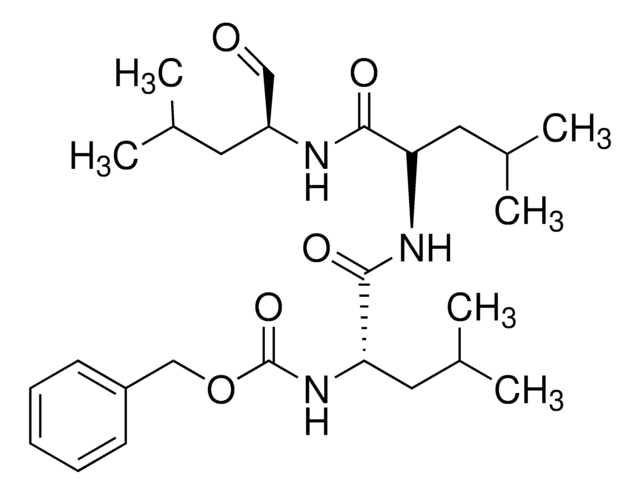P4236
Cyclic Pifithrin-α hydrobromide
≥98% (HPLC)
Synonym(s):
2-(4-Methylphenyl)imidazo[2,1-b]-5,6,7,8-tetrahydrobenzothiazole hydrobromide, Cyclic PFT-α hydrobromide, Pifithrin-α, cyclic, QB102
Sign Into View Organizational & Contract Pricing
All Photos(1)
About This Item
Empirical Formula (Hill Notation):
C16H16N2S · HBr
CAS Number:
Molecular Weight:
349.29
MDL number:
UNSPSC Code:
12352200
PubChem Substance ID:
NACRES:
NA.77
Recommended Products
Quality Level
Assay
≥98% (HPLC)
form
solid
storage condition
desiccated
solubility
DMSO: 20 mg/mL
shipped in
dry ice
storage temp.
−20°C
SMILES string
Br[H].Cc1ccc(cc1)-c2cn3c4CCCCc4sc3n2
InChI
1S/C16H16N2S.BrH/c1-11-6-8-12(9-7-11)13-10-18-14-4-2-3-5-15(14)19-16(18)17-13;/h6-10H,2-5H2,1H3;1H
InChI key
SGNCOAOESGSEOP-UHFFFAOYSA-N
Application
Cyclic Pifithrin-α hydrobromide has been used as p53 inhibitor to study its role in cigarette smoke−induced apoptosis of pulmonary endothelial cells.
Biochem/physiol Actions
A stable analog of Pifithrin-α (Product Code P4359) with similar biological activities and lower cellular toxicity.
Packaging
Protect from light.
Storage Class Code
11 - Combustible Solids
WGK
WGK 3
Flash Point(F)
Not applicable
Flash Point(C)
Not applicable
Personal Protective Equipment
dust mask type N95 (US), Eyeshields, Gloves
Choose from one of the most recent versions:
Already Own This Product?
Find documentation for the products that you have recently purchased in the Document Library.
Customers Also Viewed
Pifithrin-alpha inhibits p53 signaling after interaction of the tumor suppressor protein with hsp90 and its nuclear translocation
Murphy P J M, et al.
The Journal of Biological Chemistry, 279(29), 30195-30201 (2004)
p53 mediates cigarette smoke-induced apoptosis of pulmonary endothelial cells: inhibitory effects of macrophage migration inhibitor factor
Damico R, et al.
American Journal of Respiratory Cell and Molecular Biology, 44(3), 323-332 (2011)
Rachel Damico et al.
American journal of respiratory cell and molecular biology, 44(3), 323-332 (2010-05-08)
Exposure to cigarette smoke (CS) is the most common cause of emphysema, a debilitating pulmonary disease histopathologically characterized by the irreversible destruction of lung architecture. Mounting evidence links enhanced endothelial apoptosis causally to the development of emphysema. However, the molecular
Our team of scientists has experience in all areas of research including Life Science, Material Science, Chemical Synthesis, Chromatography, Analytical and many others.
Contact Technical Service